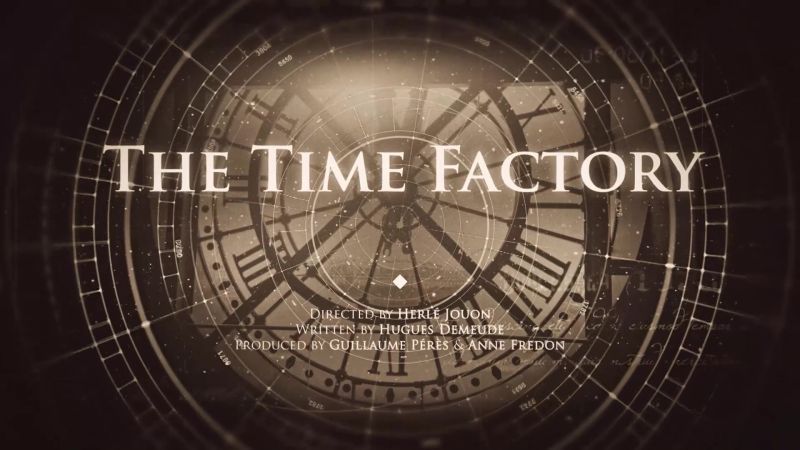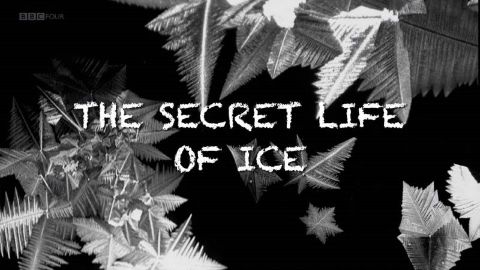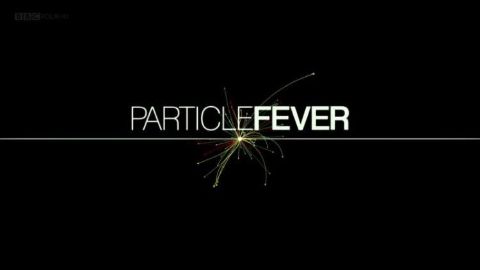The Time Factory • 2021
A unique and captivating documentary on the story of humanity's quest to measure time. Who invented time, who invented the clock? Why 1 hour, why 60 minutes, why 60 seconds? Since prehistoric times, man has sought to measure time, to organize social and religious life, to plan food supply... Today we can surf the Internet, geolocate, pay by credit card ... All our daily lives depend on time and the synchronization of clocks. The history of the invention of time and of the ways and instruments to measure it is a long story... Controlling Time, one of Humanity's biggest obsessions. First, man began to calculate the observable phenomena of time using incredible astronomical measuring instruments. Calendars were born. Then, he sought to quantify ever more precise durations, with ever more sophisticated machines, in order to establish a social, conventional time, the same for all. Today, this time, inscribed on our smartphones, is established by atomic clocks which have become the keystone of our digital world. Not without enormous industrial and economic challenges at stake. Through what major technological breakthroughs have we succeeded in controlling time, to the point of being able to make its ultra-precise factory the foundation of our interconnected society? From France to Greece, through Italy, England, and Switzerland, a group of experts —astrophysicists, engineers and historians — follows in the footsteps of genius inventors who forged our perception of time and our relationship to the world. For better and for worse. This film delves into the invention of time & ways to measure it. Don't waste time and be sure to make time to watch this fascinating film!
Make a donation
Buy a brother a hot coffee? Or a cold beer?
Hope you're finding these documentaries fascinating and eye-opening. It's just me, working hard behind the scenes to bring you this enriching content.
Running and maintaining a website like this takes time and resources. That's why I'm reaching out to you. If you appreciate what I do and would like to support my efforts, would you consider "buying me a coffee"?
Donation addresses
BTC: bc1q8ldskxh4x9qnddhcrgcun8rtvddeldm2a07r2v
ETH: 0x5CCAAA1afc5c5D814129d99277dDb5A979672116
With your donation through , you can show your appreciation and help me keep this project going. Every contribution, no matter how small, makes a significant impact. It goes directly towards covering server costs.





